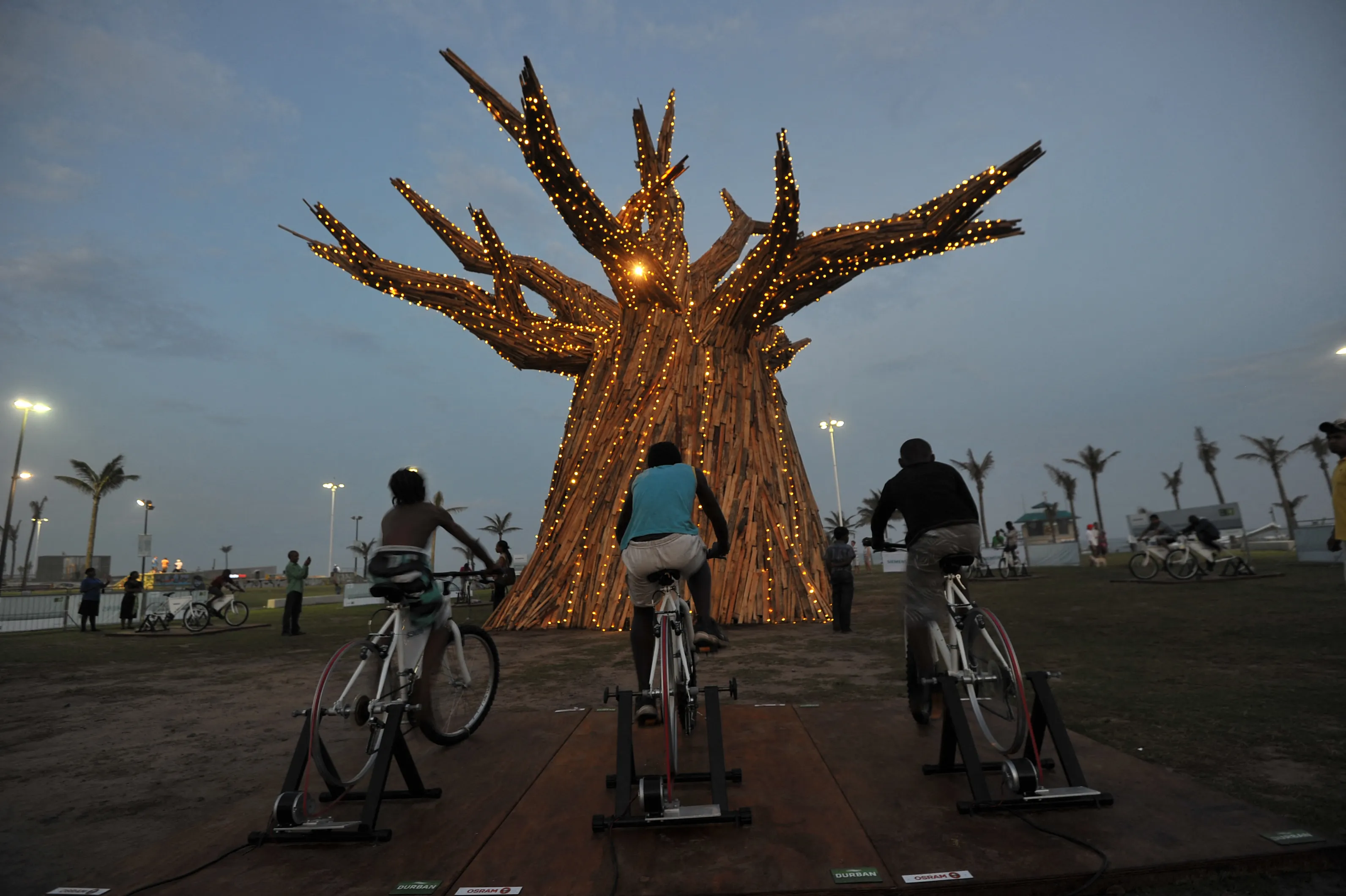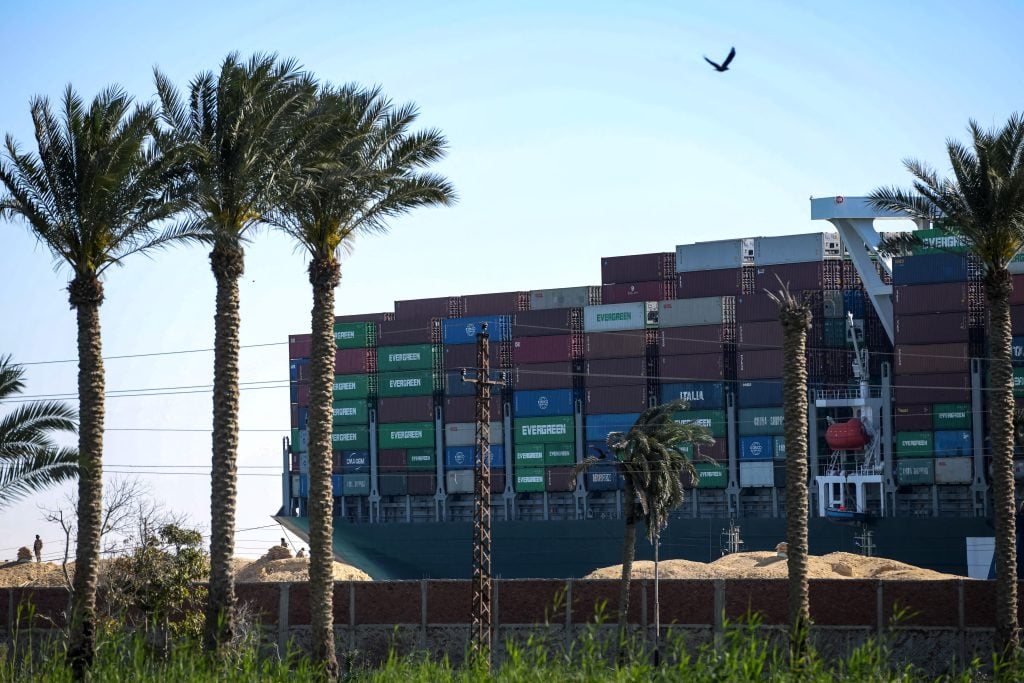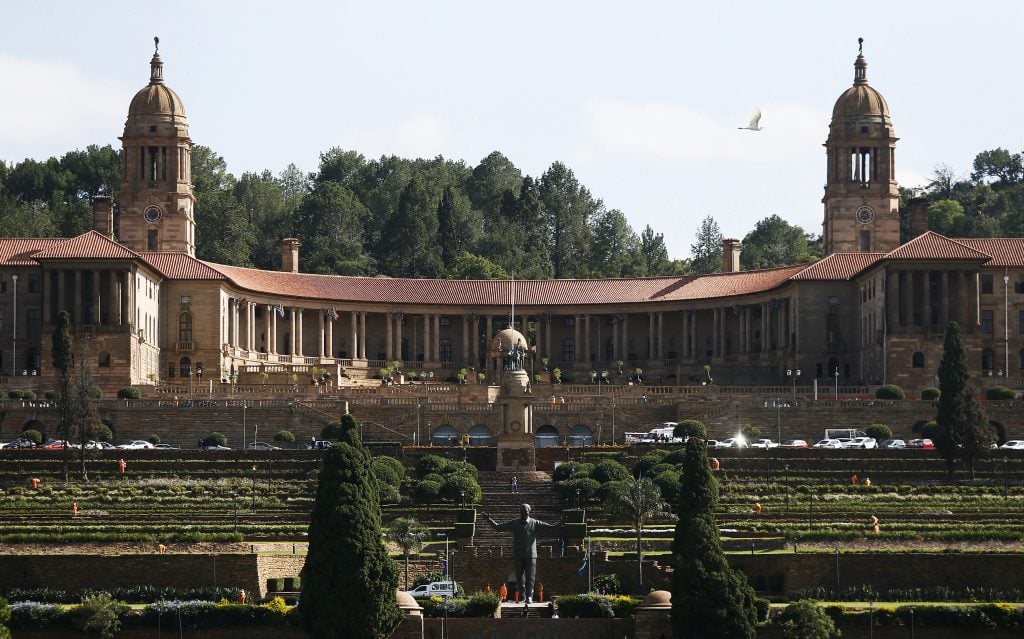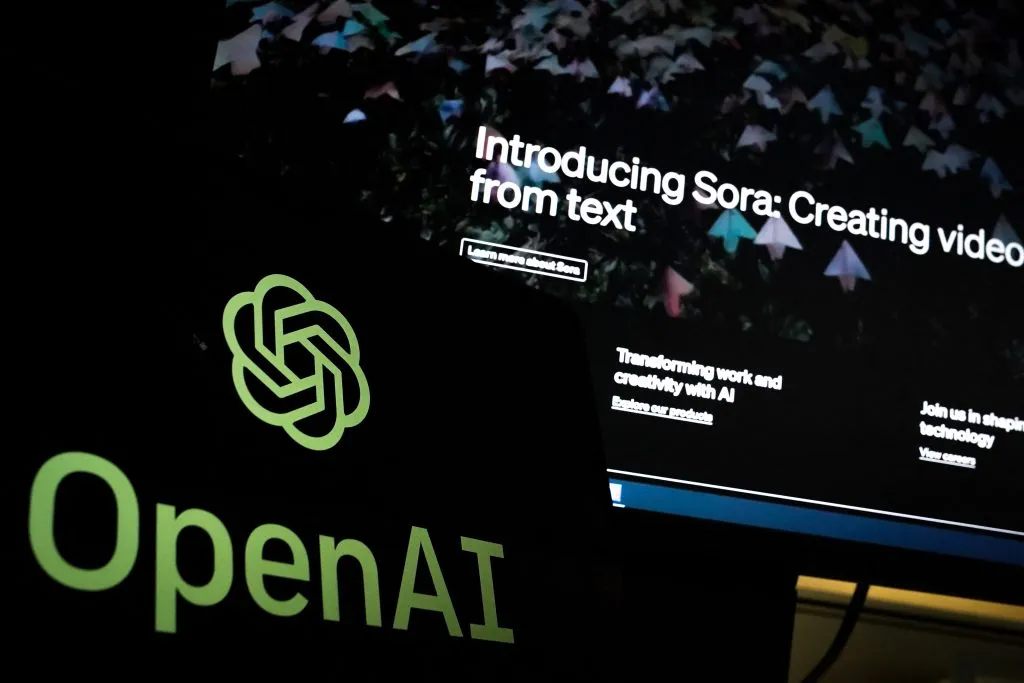
This article is sponsored by AFDB
Despite immense strides made in recent years in Africa’s energy provision – including huge leaps in renewable energy supply – around 600m Africans are still living without power.
Akinwumi Adesina, President of the African Development Bank (AfDB), argues that the energy deficit, which leaves half of Africans without reliable supply, is continuing to have a serious impact on Africa’s development agenda.
“No economy can grow, industrialise or be competitive in the dark without electricity,” he says.
Now, the African Development Bank, in partnership with the World Bank Group and a coalition of global organisations, is aiming to provide at least 300m people in Africa with access to electricity by 2030. The Global Energy Alliance for People and Planet (GEAPP), Sustainable Energy for All (SEforALL), and The Rockefeller Foundation have announced their support for what has been dubbed “Mission 300”.
Mission 300 involves the launch of a new technical assistance facility, the establishment of a new M300 Leadership Group with the AfDB and World Bank, and the mobilisation of private-sector financing to drive Africa’s electrification efforts.
By aligning resources, expertise, and advocacy efforts, the partners aim to build and sustain momentum for a paradigm shift in Africa’s energy availability.
The partners have named Andrew Herscowitz, former head of Power Africa, as the Chief Executive Officer of the M300 Accelerator. He will oversee the initiative’s effort, coordinating with the AfDB and World Bank to fast-track progress.
Rajiv J. Shah, President of The Rockefeller Foundation, said that Mission 300 stands as “the most important global development undertaking in decades,” while Adesina said the project is a “game-changer.”
The scale of the challenge
Yet the partners are not underestimating the scale of the resources required. Africa needs a lot more financing than what development banks alone can supply, making massive private investment crucial to meeting Mission 300’s objectives. Businesses must step in and scale up investments in transmission, distribution, and cross-border energy trade.
As the initiative rolls out, partners are eyeing a $90bn investment target through multilateral development banks, private sector investments, and philanthropic contributions. The consortium is also advocating for robust replenishment of the International Development Association (IDA), the World Bank’s concessional arm for low-income countries, and the African Development Fund, the concessional window of the AfDB, which are key funding vehicles for low-income countries.
Robust replenishments of IDA and ADF, which are supported by sovereign governments, could include $120bn in commitments for the Final Pledging and Replenishment Meeting, as called for in April by African countries eligible for IDA assistance, and a $25bn ADF replenishment in 2025.
The partners have already announced funding which they hope will set the stage for greater contributions. GEAPP and Rockefeller Foundation are committing an initial $10m to establish a new, more flexible, short-medium-term technical assistance facility to deploy philanthropic capital to accelerate electricity access projects across 11 countries – Burkina Faso, Chad, Côte d’Ivoire, Democratic Republic of Congo, Liberia, Madagascar, Malawi, Mozambique, Nigeria, Tanzania, and Zambia. The funds will also support projects within the Common Market for Eastern and Southern Africa (COMESA).
Alongside the new technical assistance facility, GEAPP, SEforALL, The Rockefeller Foundation, RFCC, and other partners are co-developing additional initiatives to help advance M300 across productive use of energy, local currency financing, support to developers, pooled procurement, and global advocacy.
Private sector role
The World Bank is also hoping that the private sector will contribute to funding efforts. The World Bank says that African governments will need to put in place policies that attract private investment, and reform their utilities.
World Bank President Ajay Banga stressed the need for a broad coalition: “We need action from governments, financing from multilateral development banks, and investment from the private sector. Together with GEAPP, The Rockefeller Foundation, and SEforALL, we are strengthening our partnership to support projects on the ground and accelerate the pace of electrification.”
A joint governance body was also created to help drive accountability across stakeholders, monitor progress, and ensure that resources are aligned to deliver results.
The group is co-chaired by the CEO of SEforALL, Damilola Ogunbiyi.
“Ensuring that everyone everywhere has access to energy is not just a matter of convenience; it is a cornerstone of human dignity, equality, and opportunity,” Ogunbiyi said.






Recent Comments